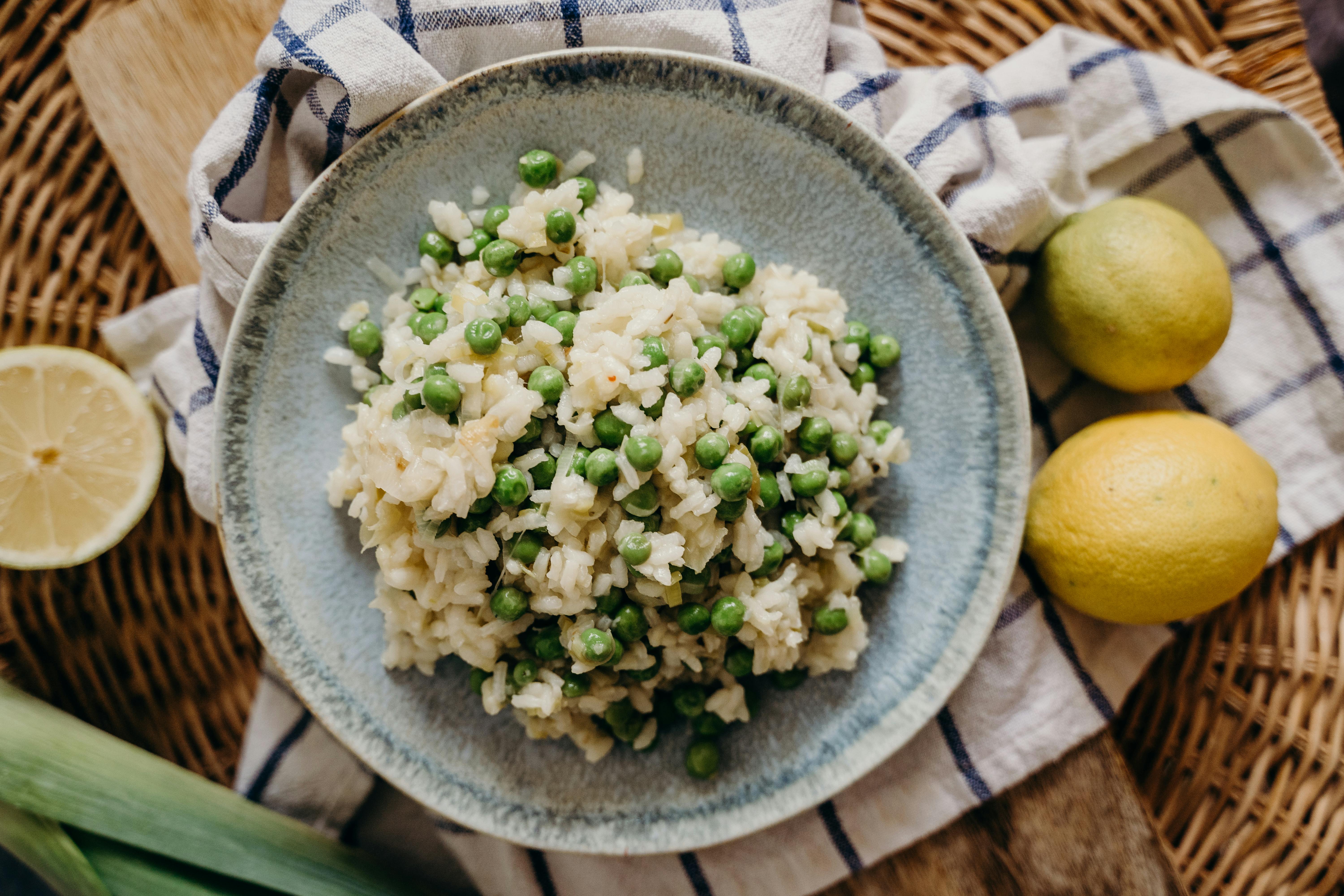Essential Guide to SIBO Diet Food List for 2025 Success

Essential Guide to SIBO Diet Food List for 2025 Success
The Small Intestinal Bacterial Overgrowth (SIBO) diet plays a crucial role in managing gut health and alleviating symptoms associated with this condition. By understanding the SIBO diet, individuals can choose the right foods that support digestive health while avoiding triggers that exacerbate their symptoms. This guide dives into various aspects of the SIBO diet, highlighting specific SIBO-friendly foods, meal plans, and practical recipes to promote gut healing and overall well-being.
In this article, we'll explore the importance of a careful SIBO food list, dietary tips for successful management, and meals that can bring comfort. Whether you are new to the SIBO diet or are looking to refine your food choices, this guide will provide helpful insights and actionable steps. Let’s embark on this journey toward digestive wellness, discovering not only what to eat but also how to enhance your overall gut function through nutrition.
Key takeaways include identifying SIBO-friendly foods, learning about low-FODMAP diets, and implementing nutritional strategies that support a healthy gut. By following the guidelines within this article, you'll be on your way to reducing bloating and enhancing your digestive health.
Understanding SIBO and the Importance of Diet
Building on our understanding of digestive health, it’s essential to recognize what SIBO entails. Small Intestinal Bacterial Overgrowth occurs when there is an abnormal increase in the overall bacterial population in the small intestine, often leading to various digestive issues like bloating, diarrhea, and malabsorption of nutrients. Dietary changes are fundamental for managing SIBO symptoms and restoring gut balance.
The SIBO diet emphasizes the consumption of SIBO-friendly foods, which are low in fermentable carbohydrates. This is where the low FODMAP diet often intersects with SIBO treatment, as it focuses on limiting foods that can trigger symptoms. Foods from this category can lead to gas and bloating, hence avoiding them is crucial for those suffering from SIBO.
Moreover, understanding the role of probiotics for SIBO is vital. While probiotics can support healthy gut flora, their use must be approached carefully with SIBO, as certain strains may worsen symptoms. Therefore, choosing suitable strains that heal the gut and understanding the benefits of fermented foods can make a significant difference.
Foods to Include in Your SIBO Friendly Diet
Incorporating gut-friendly foods is a foundational aspect of the SIBO diet. High-fiber foods can support digestive health, but it’s important to choose types lower in FODMAPs. Some excellent choices include:
- Quinoa
- Zucchini
- Carrots
- Green beans
- Spinach
These foods not only support gut health but also provide nutrient density necessary for overall wellness. Fiber is essential, but attention should be paid to the types consumed, as some can be too harsh for an inflamed gut.
Additionally, healthy fats contribute positively to a low FODMAP diet. Incorporating oils like olive oil and avocado can add needed calories while promoting anti-inflammatory benefits. Mindful eating habits, such as portion control for SIBO, will further ensure symptoms are well-managed.
Creating Your SIBO Meal Plan
Creating a SIBO meal plan requires thoughtful consideration of food choices to minimize triggers and maximize healing. Essential components of this meal plan should consider specific nutrient needs, avoid high FODMAP foods, and include diverse SIBO-friendly ingredients.
A sample SIBO meal plan could include breakfast options like pumpkin oatmeal made with gluten-free oats, followed by a lunch of grilled chicken with zucchini noodles. Dinner could consist of baked salmon with a side of spinach salad dressed in olive oil. Healthy snacks such as blueberries or low-carb vegetable sticks can provide nourishment between meals.
Implementing SIBO recipes into your daily routine can help maintain nutritional balance while making meals enjoyable. Simple recipes for SIBO, like coconut curry soup or stir-fries, can allow flexibility and creativity in the kitchen while adhering to dietary restrictions.
Common SIBO Foods to Avoid
To effectively manage SIBO, it's equally important to know which foods to avoid. Recognizing SIBO triggers can prevent the exacerbation of symptoms and assist in maintaining digestive comfort. Common high-FODMAP foods that should be limited include:
- Wheat and gluten products
- Dairy products
- Certain legumes and pulses
- Certain fruits like apples and pears
- Processed sugars and sweeteners
By eliminating these foods, individuals can work towards reducing bloating and enhancing gut health. Additionally, carefully reading labels can help avoid hidden ingredients that may not adhere to SIBO guidelines.
SIBO Nutrition: The Role of Supplements
Exploring the health benefits of probiotics and supplements for SIBO can provide additional support. Certain strains of probiotics can assist in balancing gut bacteria, while digestive enzymes can aid in the breakdown of food, thus enhancing nutrient absorption.
Incorporating prebiotics and probiotics for SIBO, when chosen correctly, can stimulate gut healing. Key nutrients for digestion, such as vitamin B and minerals, should also be monitored. A well-rounded diet that includes organic foods and nutrient-dense options significantly supports digestive health.
It’s also beneficial to consult with a healthcare provider about the best supplements for SIBO. This tailored approach can lead to successful management and a better quality of life.
Conclusion: Empowering Your Gut Health
To conclude, understanding the SIBO diet and implementing effective food choices are crucial for successful management. By knowing what foods for SIBO to incorporate and which to avoid, individuals can take charge of their digestive wellness. The journey towards healing the gut is a multi-faceted approach, involving dietary modifications, lifestyle changes, and possibly supplements.
By carefully following the SIBO food list and integrating SIBO meal options tailored to individual needs, one can improve their gut function and reduce symptoms over time. Consistent effort in managing the diet, combined with a mindset focused on healing, can lead to benefits that extend beyond just digestive health, fostering overall well-being.
```